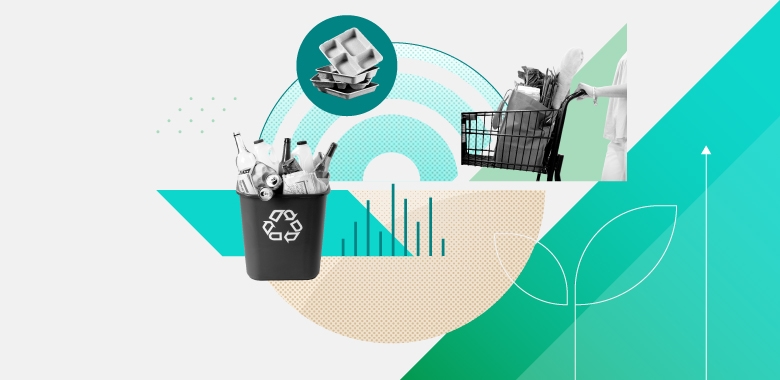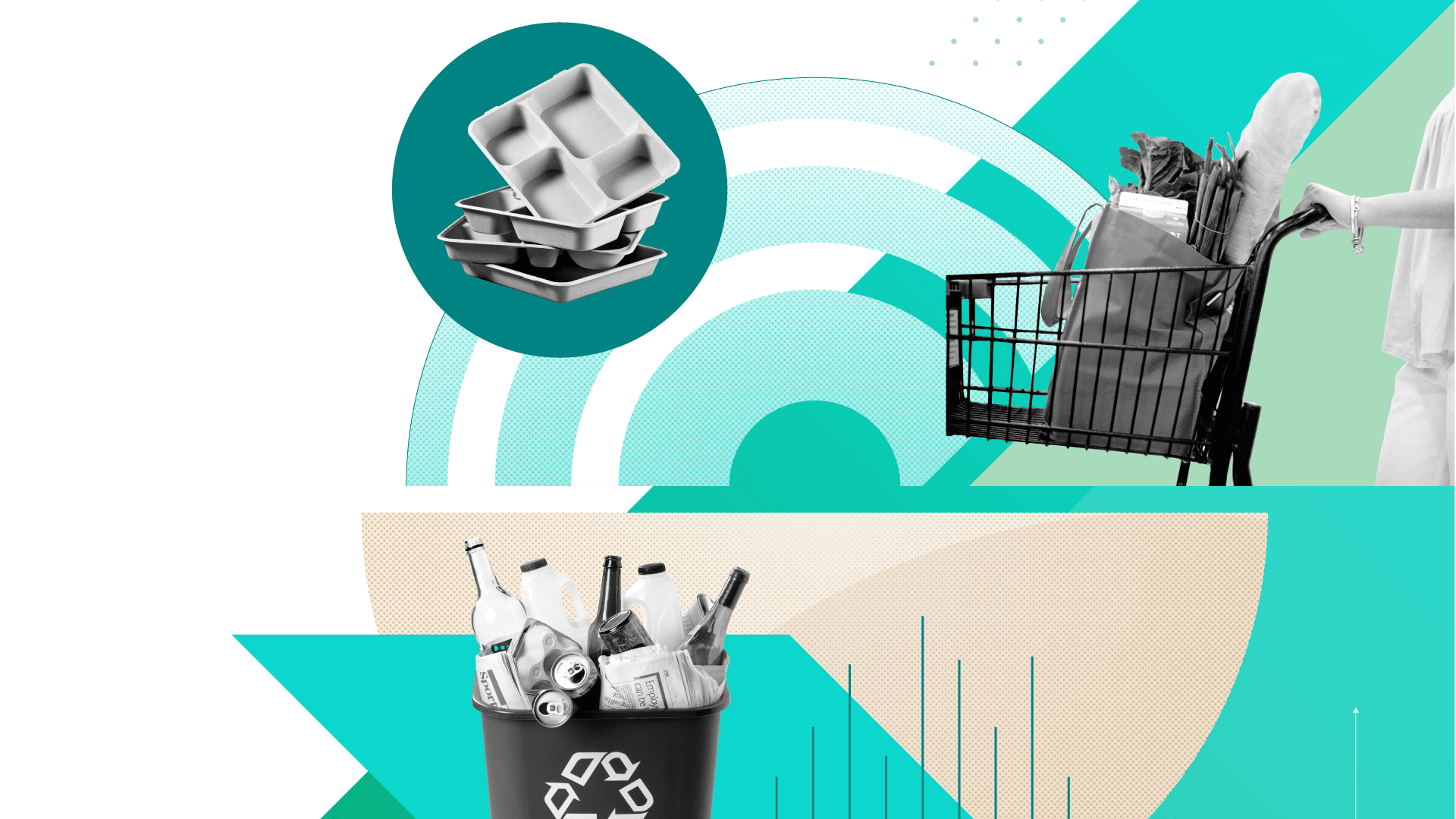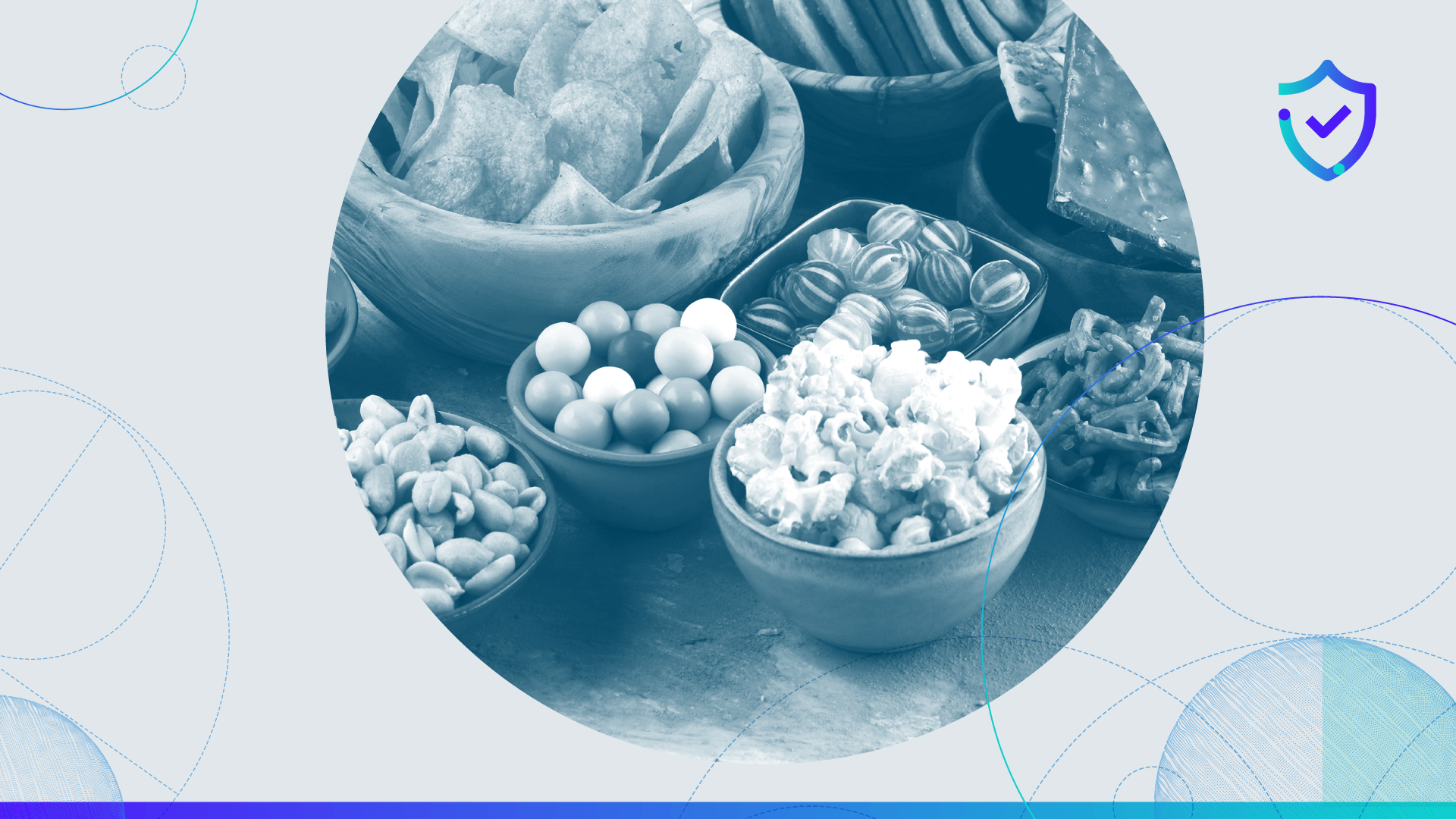
Food & Beverage
What Sustainability Means to Consumers Report: Food & Beverage
Report summary
Consumers are hungry for sustainability efforts from food & beverage brands—and opportunities are aplenty. From food waste to packaging to farming and factory emissions, there are numerous ways food & beverage companies can engage around sustainability initiatives. To help industry leaders navigate these important decisions, we measured consumers’ current knowledge, concerns and behaviors around sustainability to help inform how future sustainability efforts can best meet their expectations.
Key Takeaways
- Food, beverage and sustainability go hand in hand: Consumers named food & beverage one of the most important industries when it comes to sustainability. That ranking provides a lot of opportunity, and a lot of responsibility, given that sustainability is a complex topic for the industry. More than 1 in 4 U.S. adults said they don’t know what makes a food or beverage product sustainable.
- Consumers already engage in several sustainable actions: Reducing food waste, recycling packaging and reusing grocery bags are common behaviors among all U.S. adults, with Gen Zers and millennials more likely to engage in a range of activities for the sake of sustainability. Younger consumers are also actively looking for companies to join them.
- Reduce, reuse, localize: With so many facets of sustainability to address, food & beverage brands should focus on the areas consumers say are most important for corporations to engage with: reducing water and food waste, using recyclable packaging, and offering locally sourced products.
Methodology
The analysis behind this report is drawn from two surveys fielded June 24-28, 2022, and July 5-7, 2022, among representative samples of roughly 2,200 U.S. adults each, with unweighted margins of error of +/-2 percentage points.
About the author
Emily Moquin previously worked at Morning Consult as a lead food & beverage analyst.



